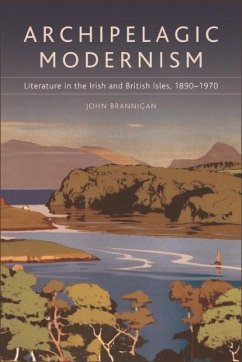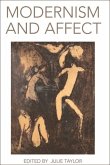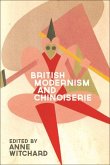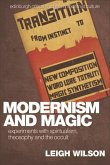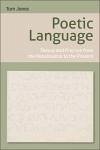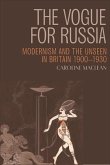Offers a new archipelagic history of twentieth-century literature in Britain and IrelandArchipelagic Modernism examines the anglophone literatures of the archipelago from 1890 to 1970 for what they tell us about changing identities, geographies, and ecologies. The book argues that these literatures constitute an important resource for how we might begin to think about alternative political geographies, and alternative practices of belonging to place and environment. From the height of the British Empire in 1890, to the increasing sense by 1970 of the imminent 'break-up' of Britain, 'archipelagic modernism' turned to the 'peripheral' spaces of islands, coastlines, and the sea to re-invent the Irish and British archipelago as a plural and connective space.Key Features:Interdisciplinary - particularly the relationships between literature, ecology, and geography Offers a new interpretation of how literature engages with place and environment in the 20thCIncludes major new interpretations of key modernist writers such as Yeats, Synge, Joyce, and Woolf, and gives canonical examples of archipelagic modernism accessible to the classroom Exploratory - the book explores archipelagic narratives of literary history as a new model for understanding 20thC British and Irish literatures, and opens up ways of critically evaluating conventional literary histories of 'EngLit' and national literatures
Dieser Download kann aus rechtlichen Gründen nur mit Rechnungsadresse in A, B, BG, CY, CZ, D, DK, EW, E, FIN, F, GR, HR, H, IRL, I, LT, L, LR, M, NL, PL, P, R, S, SLO, SK ausgeliefert werden.

